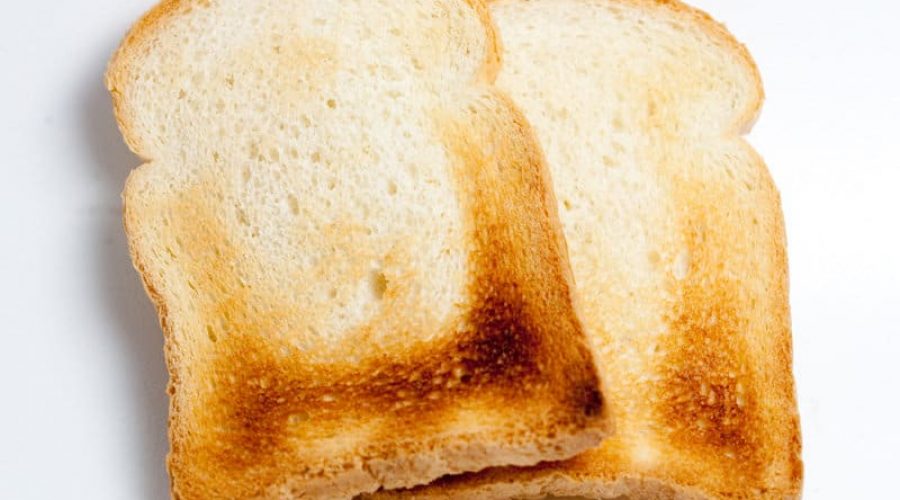How does anyone get into the property market these days without financial help or a lottery win? One answer, is not so much giving up even the butter on your toast, but it’s using the share market.
What’s becoming increasingly obvious to me is the quantum of sacrifice required to buy a home may in fact be too much for some people, and despite what older generations may believe, I think that’s ok.
So let’s assume that you do want the security and perhaps the discipline of purchasing a home, what are the sacrifices that you will need to make to afford it, and what are some ideas that can perhaps speed up the process.
Location
Where is it you want to live? As at June 2016 the median house price in Australia was around $623,000, according to the Australian Bureau of Statistics.
But if you want to live in Newtown, St Kilda or West End in Queensland, the average house price is over $1,000,000, says realestate.com.au.
Ask yourself what is a practical and reasonable amount to spend on your first home. Are you willing to sacrifice the inner city living and commute?
Living Space
The other alternative is to buy something smaller, a unit or perhaps even an apartment.
In Newtown, the average unit price is still $700,000, while it’s a little more affordable in St Kilda and West End where the average unit sells for $495,000 and $569,000 respectively.
The other growing trend is to consider buying a property with a close friend. But you have to ask yourself if you’re really willing to sacrifice some space for more spare cash.
Lifestyle
On top of that, if you want to save enough for a deposit, or indeed pay the mortgage down you’re probably going to have to give up a few more of the fun things in life.
It’s not to say that you can’t have fun, but you will need to be selective, set some firm spending limits and stick to them.
Savings
The difficulty in saving is further exaggerated by the very low interest rates we are presently able to earn on our savings.
So here are two ideas, they don’t come without risk, or without swallowing some pride, but I think they are worth considering:
Consider saving for property by shares
- Rather than allocating savings to cash, allocate the savings to shares.
- There are many easy automated ways to do this now, and they are very cost effective.
- The benefit here is the opportunity to earn more than bank interest over a reasonable period of time.
- I may be slightly optimistic but let’s assume you start at 21 years of age, over the next 10 years you can save on average $200 a fortnight.
- If you invest it into shares and it can earn 7 per cent per annum, you will end up with $75,000 in savings.
- This compares to the bank where the earning rate might average 3 per cent in a deposit account, and hence you might end up with about $60,000.
- This still doesn’t cut it for a deposit, plus your stamp duty costs, particularly if you are buying the property alone.
- The second suggestion is to talk to your parents, about how best they can help you get into the market.
- Many parents help their kids at the point they buy a house, which is fantastic, but what if you were to agree to invest $10,000 at age 21, with the idea that it is for the deposit.
- If you invested this in shares, and saved the $200 a fortnight, you would have around $95,000 in ten years, according to ASIC’s moneysmart website. That’s getting pretty close to the 10 per cent deposit.
Keep in mind in both instances above, you are taking the risk that shares will perform better than cash over the 10 year period, which doesn’t happen all the time.
According to Dimensional Fund Advisers over the last 35 years, Australian shares have outperformed cash over rolling 10 year periods in 88 per cent of occasions. The odds are in your favour.












